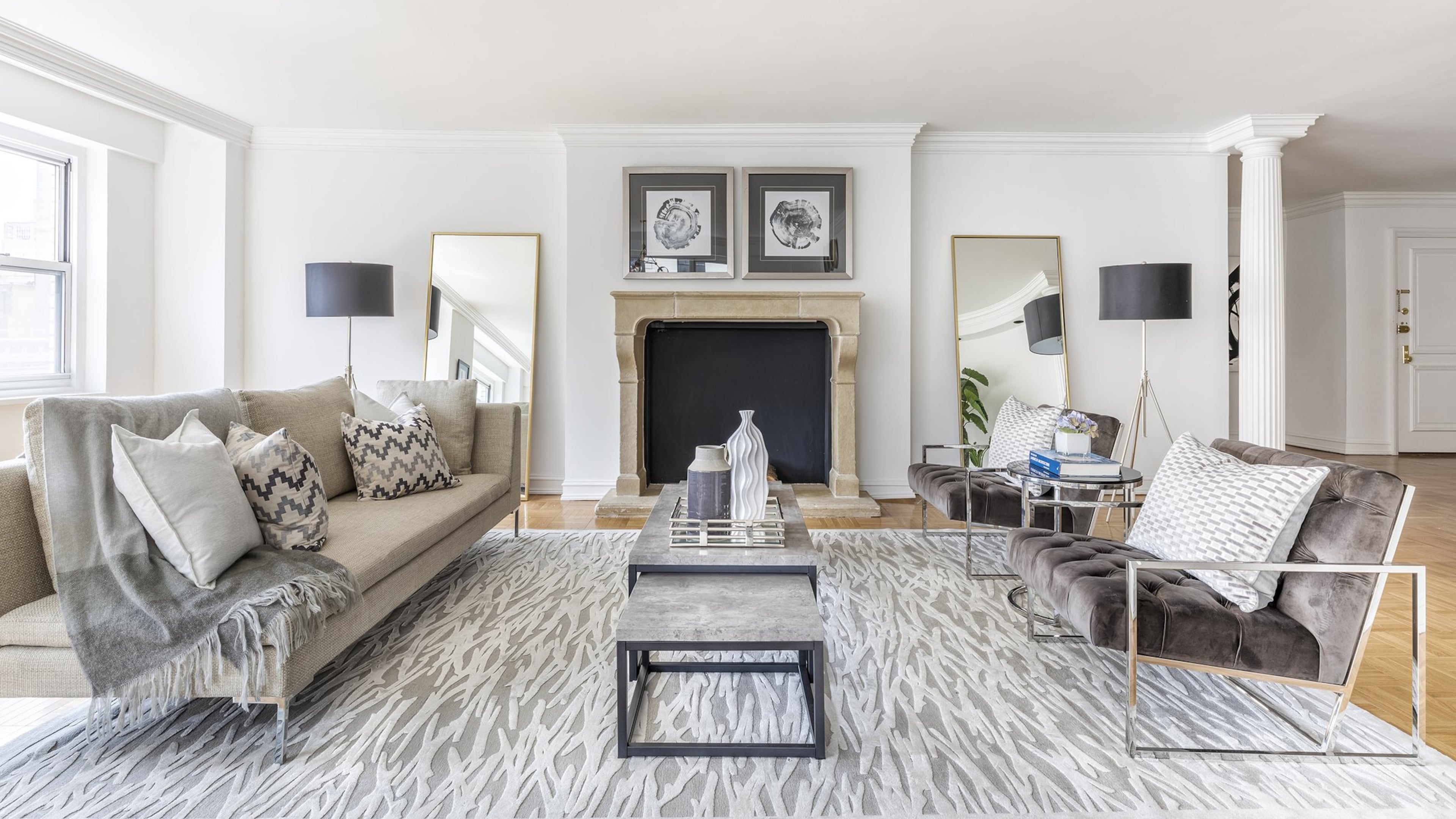How to decorate with white

White walls? White furniture? White rugs? Why not?
There was a time in home decor in which the color white was an ideal color for a formal living room. A white living room was typically a space that was seldom used and handled with great care. These days, color isn’t always king, especially as people look to live in more minimalist environments. White is a color that is often ignored, but used purposefully and carefully can and should be embraced.
DO’S AND DON’TS FOR DECORATING WITH WHITE
DO:
Mix different tints, tones and shades of white.
Incorporate the color white into accessories such as vases, florals and toss pillows.
Mix white with colors such as silver gray and taupe to help create a soothing environment.t
Use textured white accessories such as area rugs and toss pillows to help to soften a space.
Mix white with both warm and cool colors. White can be warm, like in a shade closer to taupe, or cool, such as a shade that has gray undertones. Whether blending with warm or cool colors, white helps create the ideal color balance.
DON’T:
Forget to extend the color white into elements such as cabinetry, fixtures and appliances.
Ignore the opportunity to reflect color through the use of mirrors and windows.
Be afraid to use the color white in areas that may be used often such as bedrooms or dining areas.
Omit the use of negative space, such as white trims, door headers and under ceiling soffits.
Dismiss the power of a pure white space. One of the most powerful color combinations is a monochromatic scheme, which involves a blend of similar shades of the same color.
———
Cathy Hobbs, based in New York City, is an Emmy Award-winning television host and a nationally known interior design and home staging expert with offices in New York City, Boston and Washington, D.C. Contact her at info@cathyhobbs.com or visit her website at www.cathyhobbs.com .

